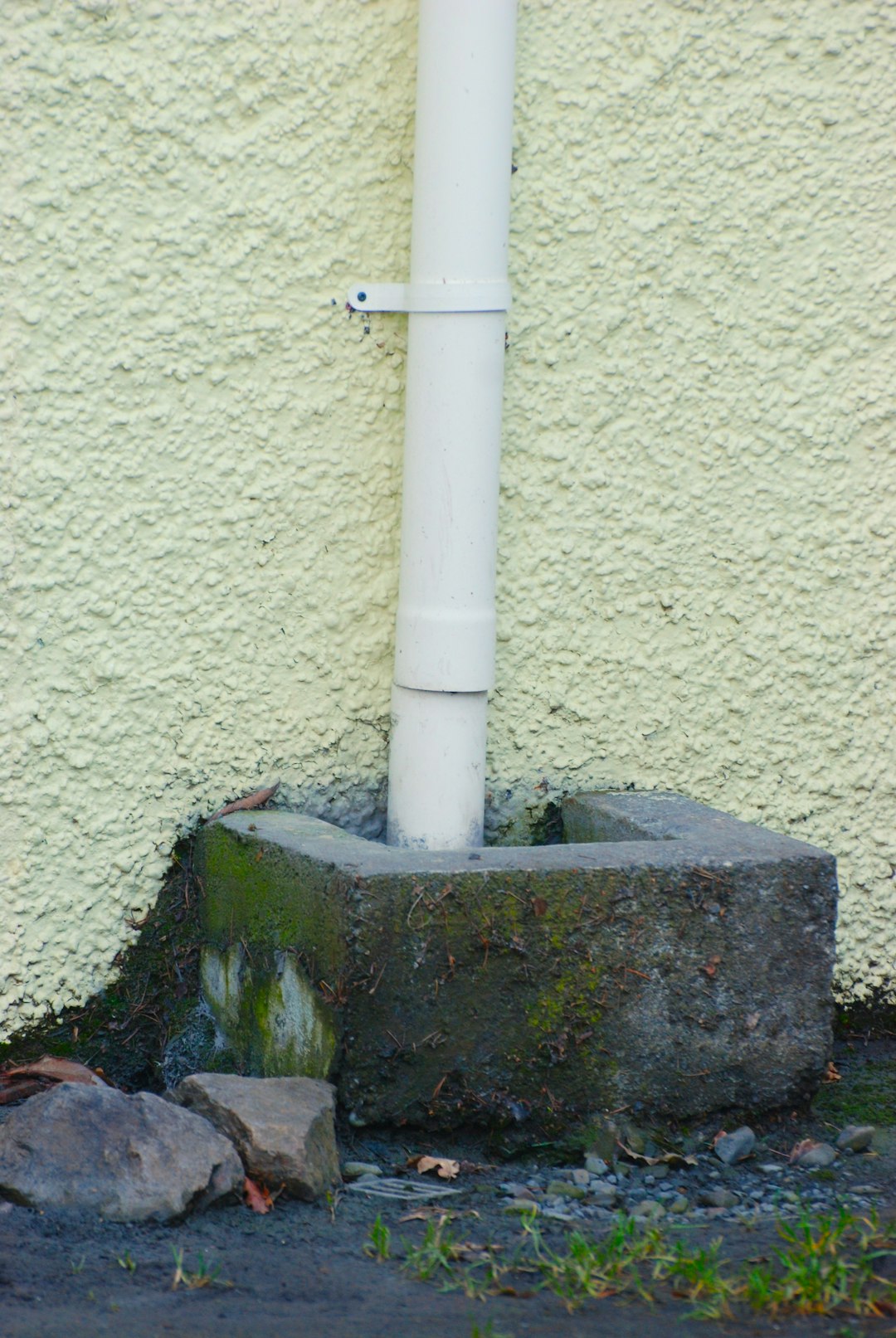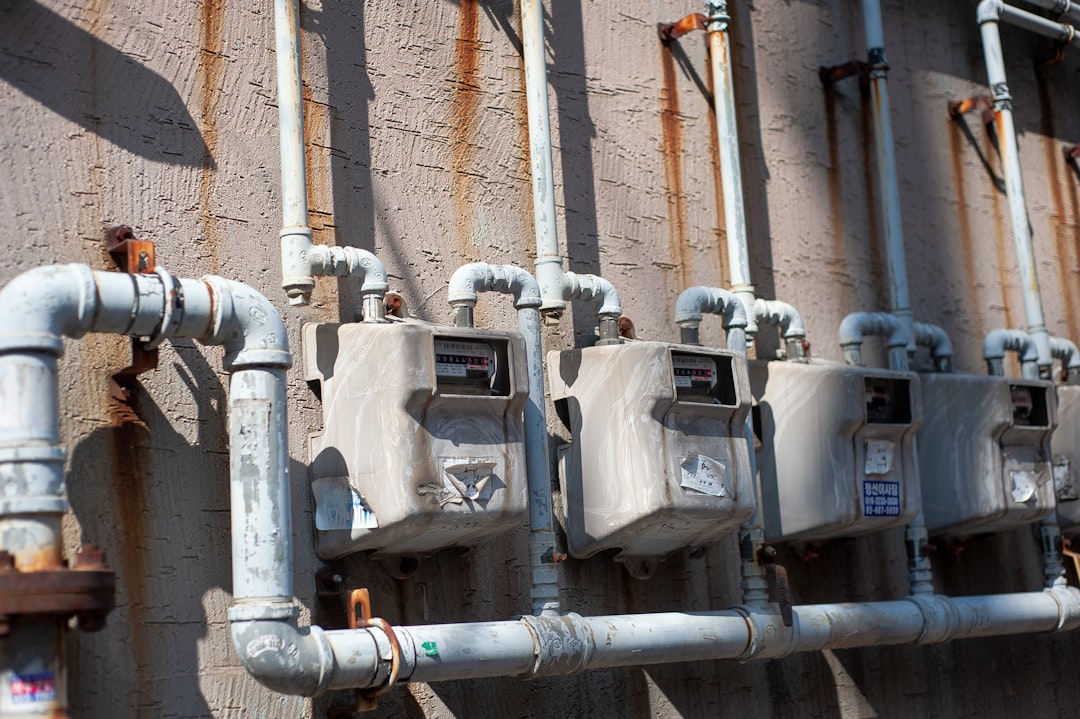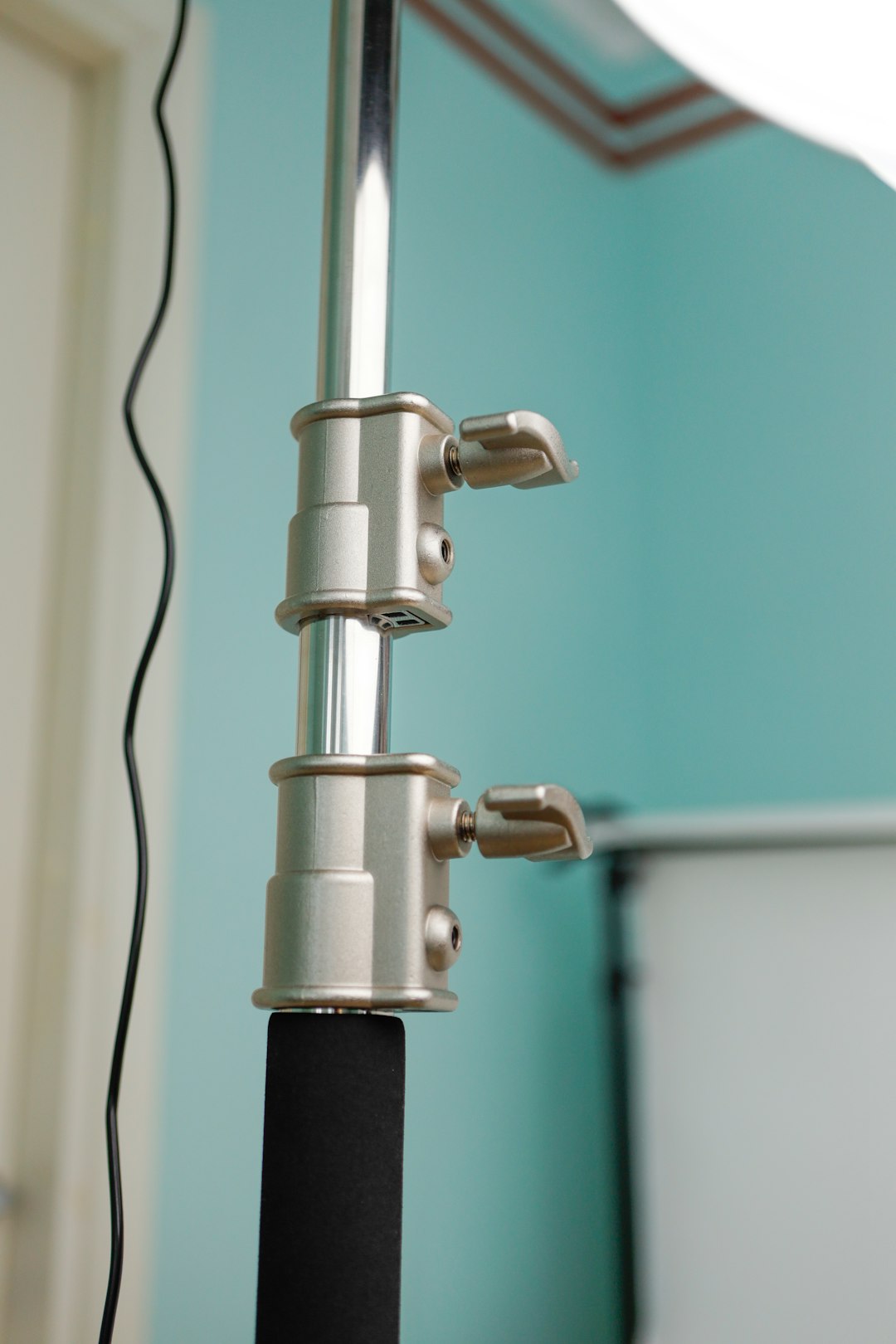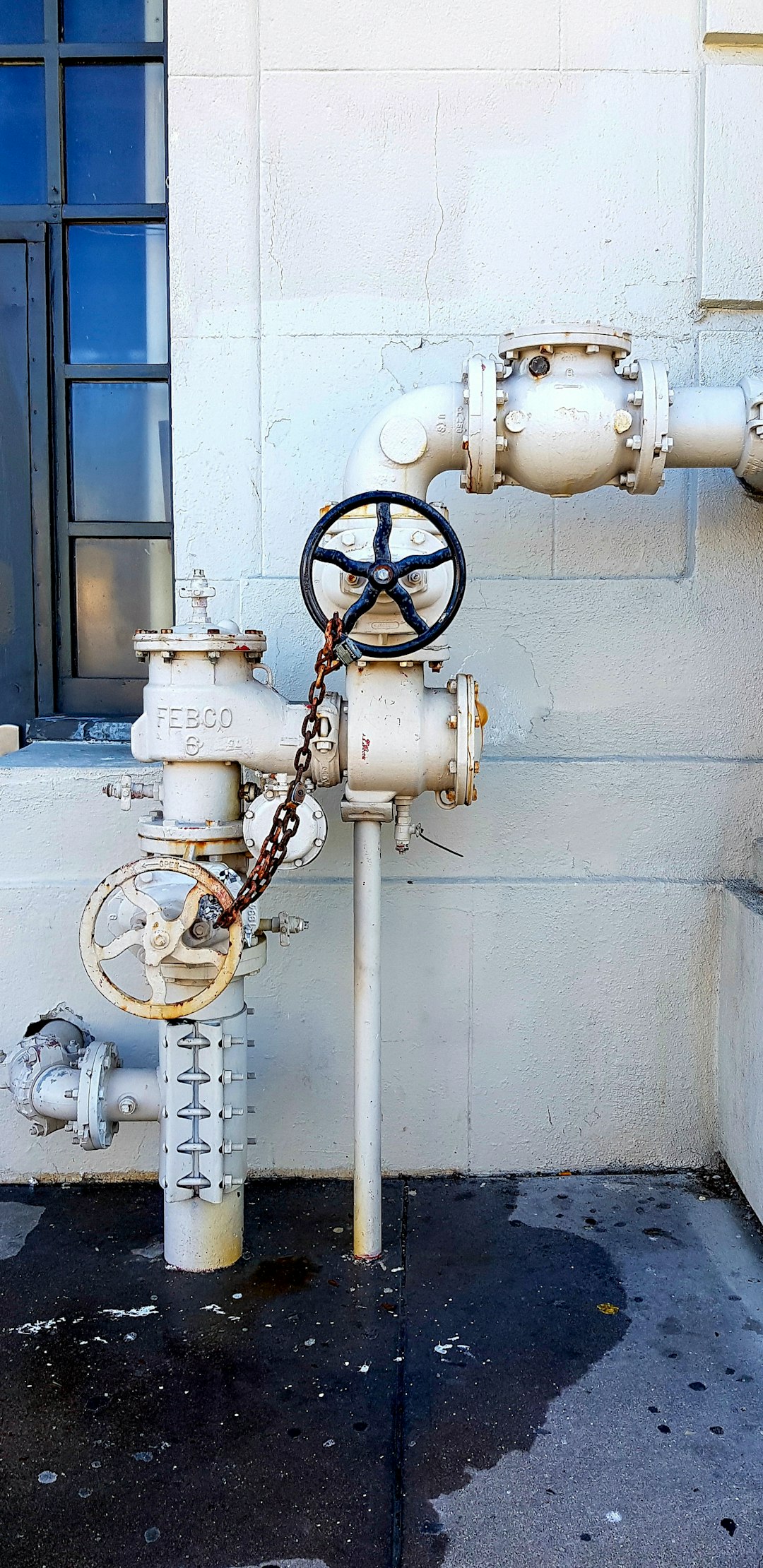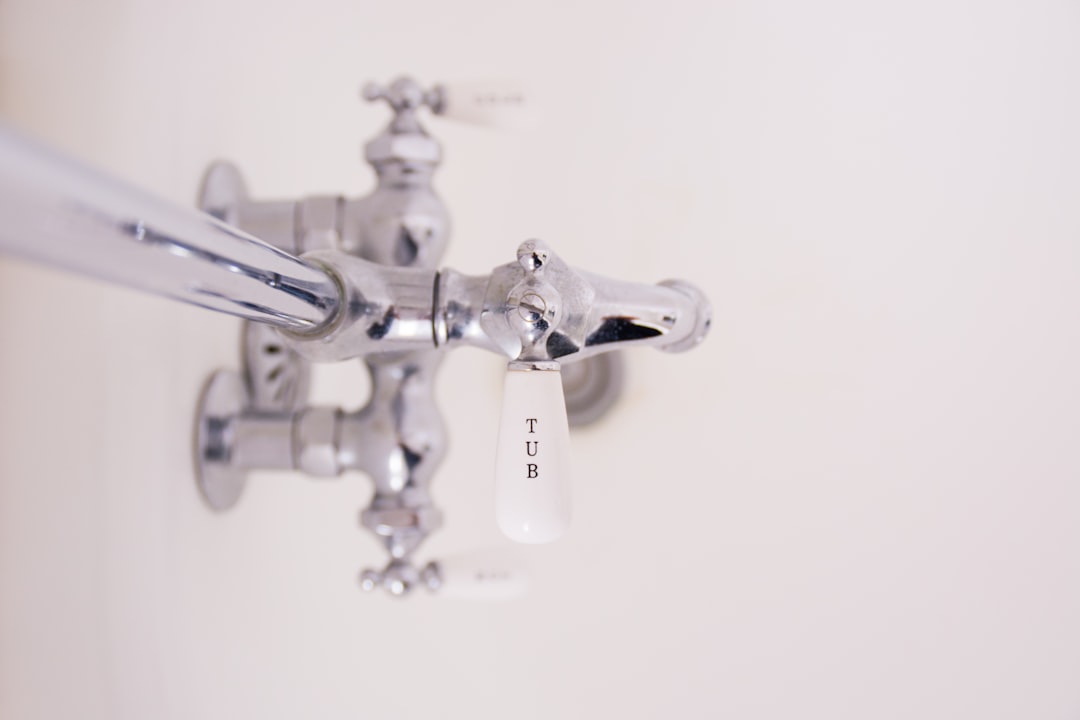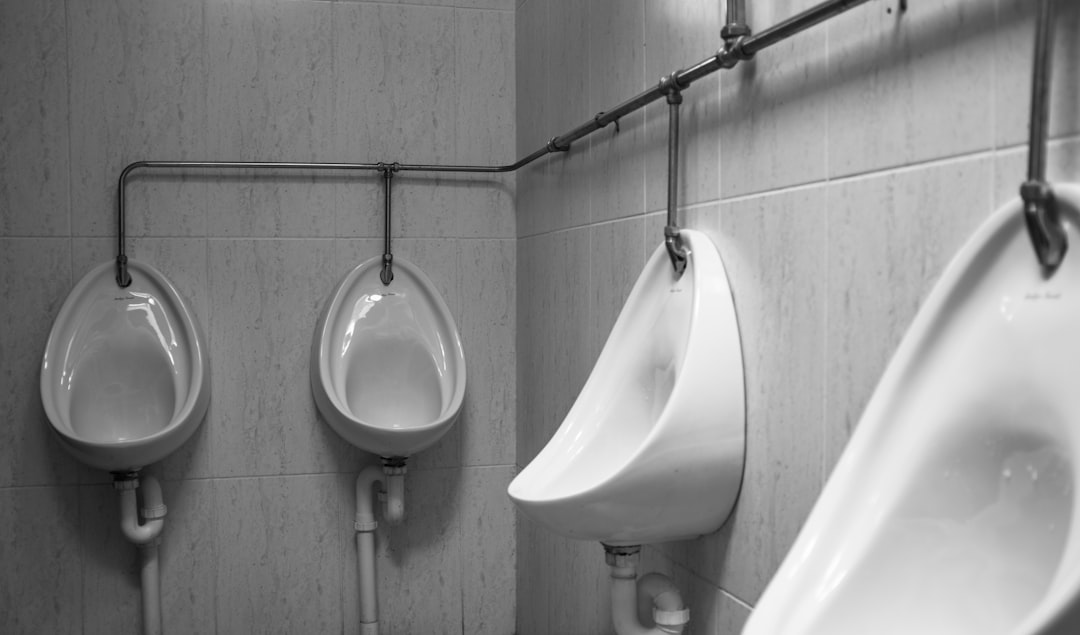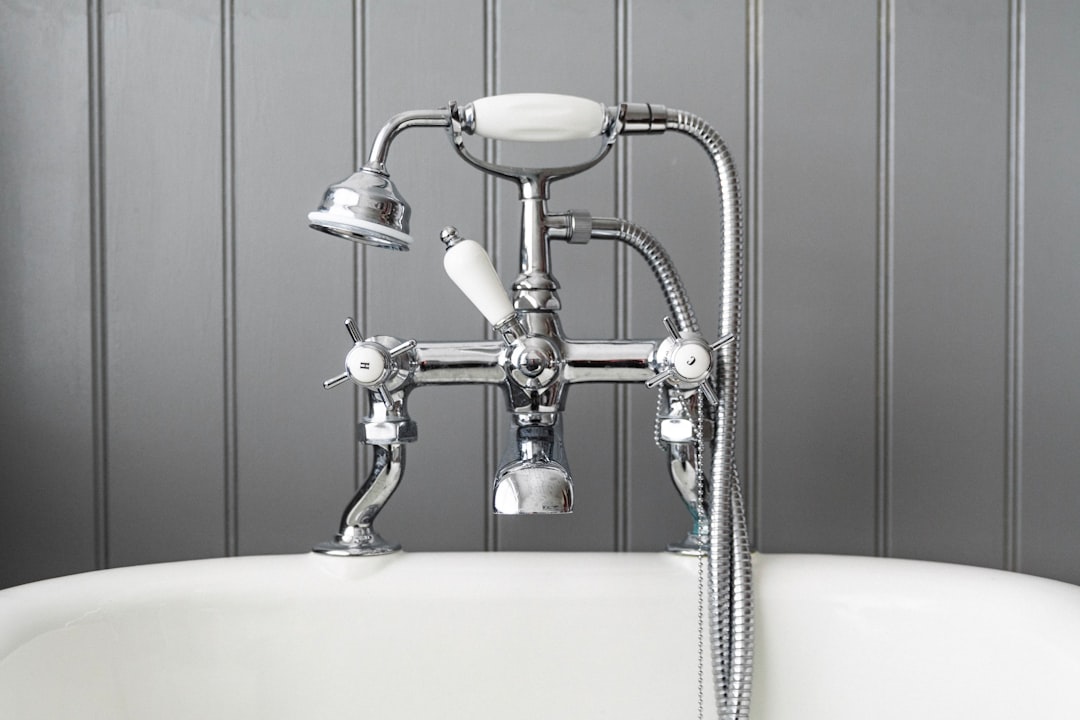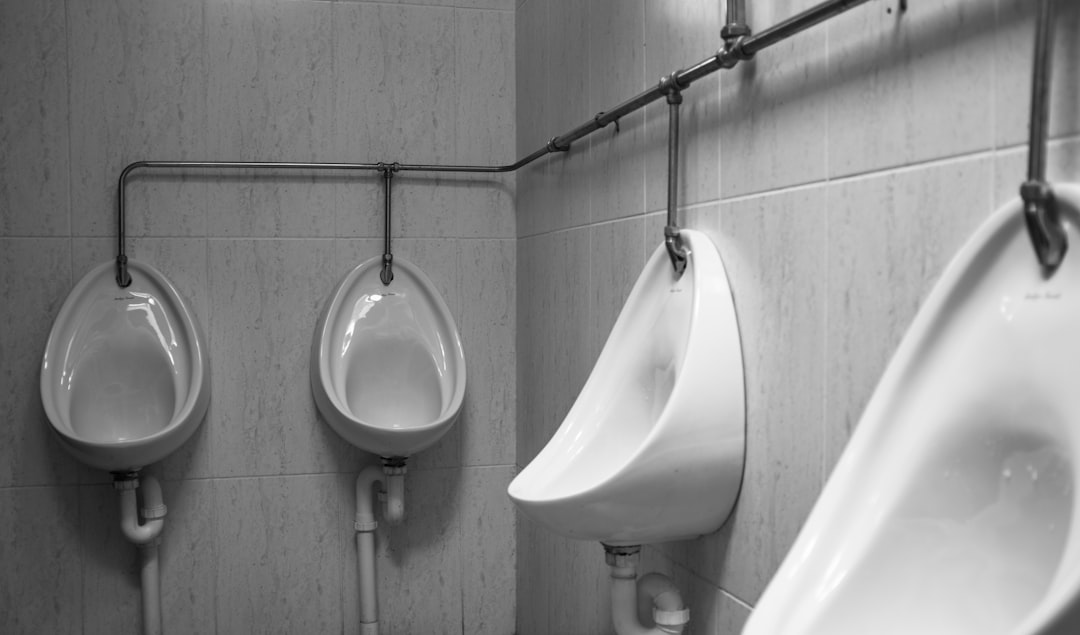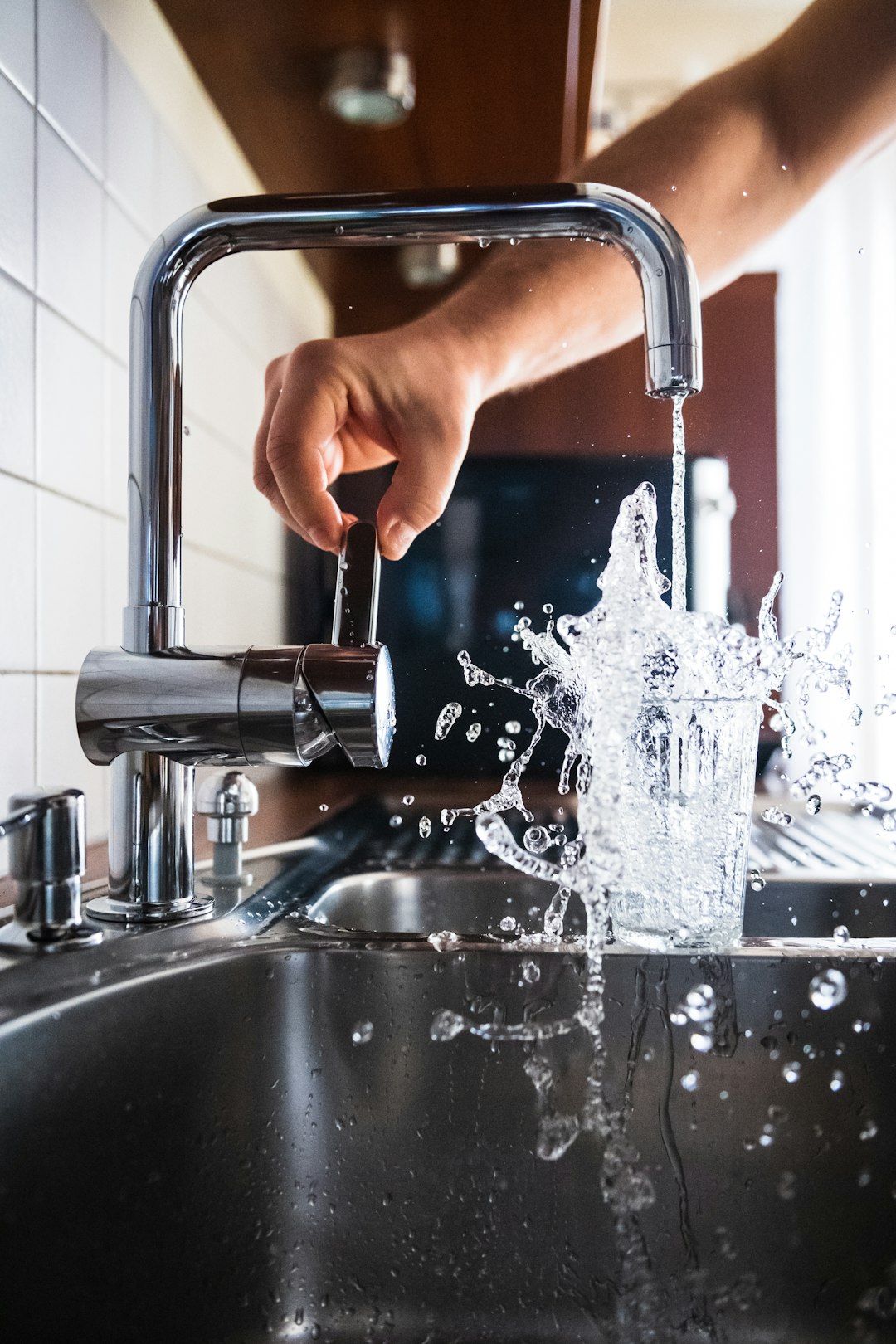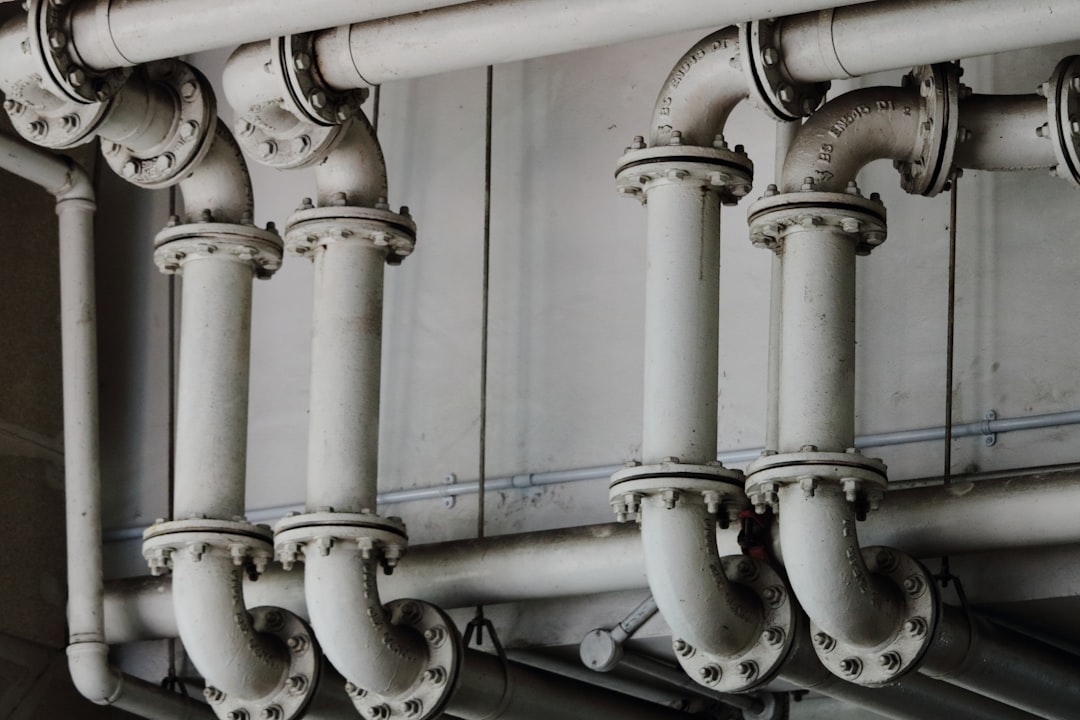Table of Contents
- Introduction
- Identifying the location of the frozen pipe
- Assessing the extent of the damage
- Utilizing heat sources to thaw the pipe
- Implementing plumbing repairs as needed
- Checking for leaks after thawing
- Insulating pipes to prevent future freezing
- Conducting plumbing system inspections
- Providing plumbing maintenance advice for homeowners
- Conclusion
- Frequently Asked Questions
Introduction
As winter’s chill sets in, homeowners face a nerve-wracking dilemma: the fear of frozen pipes. Picture this—one frigid morning, you turn on the tap, and nothing happens. That icy silence reverberates through your home, signaling trouble. Frozen pipes can lead to disastrous bursts, skyrocketing repair costs, and flooding mayhem. But worry not!
Experienced plumbers possess the magic touch to thaw your pipes back to life. In this article, we delve into the intricacies of how these skilled professionals navigate the frosty odds, employing a mix of innovative techniques and savvy tools to combat the cold.
From understanding pipe insulation to the delicate art of controlled thawing, you’ll discover the tips and tricks that every homeowner should know. So, whether you’re facing a plumbing emergency or simply want to be prepared for winter, join us as we explore the world of thawing troubles and the unsung heroes—plumbers—who come to the rescue.
Identifying the location of the frozen pipe
Identifying the location of a frozen pipe is the first crucial step in addressing this common plumbing issue. Start by inspecting areas in your home that are prone to low temperatures, such as basements, attics, and exterior walls. Check for signs of freezing, including frost on the pipes or a reduced water flow from the faucet. A faucet that only produces a trickle or no water at all, despite being open, can indicate a frozen pipe.
Next, feel along the length of the pipe for any sections that feel significantly colder than others. Pay special attention to corners and bends where heat may be less able to reach the pipe. Additionally, listen for any sounds of running water when a faucet is turned on; silence can suggest that water is trapped in a frozen section of the plumbing.
When identifying the location, it can be helpful to note the interior temperature of rooms and any drafts that may impact the water supply lines. Taking these steps allows for a focused approach in resolving the freezing issue effectively.
Assessing the extent of the damage
Assessing the extent of the damage caused by a frozen pipe is a crucial step in the plumbing repair process. Initially, homeowners should inspect the visible sections of the pipe for any signs of cracking or bulging. If the pipe has burst, water may already be leaking into the surrounding areas, leading to further complications such as water damage or mold growth. Turning off the main water supply is essential to prevent additional flooding during the assessment.
Next, using a heat source, such as a hairdryer or space heater, can help to thaw the frozen section of the pipe. However, it’s vital to apply heat gradually to minimize the risk of cracking. Once the pipe thaws, any leaks or cracks should be clearly visible. A thorough examination of the surrounding areas including walls and ceilings may also reveal water stains, indicating hidden leaks
Finally, it may be beneficial to consult a professional plumber to accurately assess the severity of the damage and determine the best course of action for repairs.
Utilizing heat sources to thaw the pipe
Utilizing heat sources to thaw a frozen pipe is a common and effective method employed by plumbers. The first step is to identify the location of the freeze, which is often indicated by a noticeable lack of water flow from the faucet. Once the frozen area is pinpointed, a gentle application of heat can be applied.
It is advisable to use sources such as a hairdryer, heat gun, or even hot water to gradually warm the pipe. Plumbers often recommend starting at the section closest to the faucet and working backwards. This approach allows the water to gradually flow out, reducing the chance of pressure buildup that could lead to a pipe burst.
Another effective method includes wrapping the pipe with towels soaked in warm water or utilizing heating pads designed for thawing.
It is crucial to avoid open flames or anything that could potentially damage the pipe material. Safety is paramount, as is maintaining the integrity of the plumbing system while efficiently resolving the frozen pipe issue.
Implementing plumbing repairs as needed
Implementing plumbing repairs as needed is essential for maintaining a safe and efficient plumbing system. One common issue, especially during colder months, is frozen pipes, which can lead to significant property damage if not addressed promptly. When addressing frozen pipes, the first step is to identify the affected areas. Homeowners should inspect unheated spaces, such as basements, attics, and crawl spaces, where pipes are more susceptible to freezing.
Once located, plumbers often use various techniques to safely thaw the pipes. This can include applying heat with a hairdryer, heating pad, or space heater, ensuring the heat is directed towards the section of the pipe that is frozen.
It is crucial to monitor the situation closely; if water begins to flow again, the plumber will suggest running cold water through the tap to prevent future freezing. In cases where the pipe has burst, more extensive repairs, such as replacing damaged sections, will be necessary.
Regular maintenance and quick action during extreme weather can help prevent frozen pipes and other plumbing issues.
Checking for leaks after thawing
After successfully thawing a frozen pipe, it is crucial to check for leaks to prevent further damage to your plumbing system and home. Begin by closely inspecting the thawed section of the pipe, looking for signs of moisture or water dripping. A common indicator of a leak is the presence of water stains on walls, ceilings, or floors near the pipe. Make sure to check the fittings and joints, as these are often the weakest points and can be prone to leaks.
Next, turn the water supply back on slowly and observe the pipe for any signs of leaking. If you notice any leaks, it is advisable to shut off the water supply immediately to prevent flooding. In some cases, minor leaks can be temporarily sealed with waterproof tape or a pipe repair clamp until a professional can handle the situation. Additionally, check the surrounding area for potential water damage that may need to be addressed. Taking these precautions will ensure that your plumbing remains in good condition and helps avoid further complications.
Insulating pipes to prevent future freezing
Insulating pipes is a crucial preventive measure to protect against future freezing, particularly in areas where temperatures can plunge significantly. By insulating your pipes, you create a barrier that helps maintain a stable temperature around the pipe, reducing the risk of freezing during cold weather. There are several insulation materials available, including foam sleeves, fiberglass, and heated tape, each with its own benefits.
When applying insulation, it’s important to cover all exposed pipes, especially those in unheated areas like basements, attics, and crawl spaces. Sealing any cracks or gaps in walls near pipes can also help minimize cold air exposure.
Regularly checking the insulation for wear and tear ensures it remains effective over time. In addition to insulation, maintaining a consistent indoor temperature during winter months can further safeguard against freezing. Combining these methods not only protects your plumbing system but can also lead to energy savings by reducing heat loss. By taking these steps, homeowners can significantly lower the risk of dealing with costly and disruptive frozen pipes in the future.
Conducting plumbing system inspections
Conducting plumbing system inspections is an essential step in ensuring that your plumbing operates efficiently and effectively. Regular inspections help identify potential issues such as leaks, corrosion, and blockages that could lead to more significant problems down the line. During an inspection, a professional plumber will typically check all visible plumbing fixtures, including faucets, toilets, and pipes, for any signs of wear or damage.
Furthermore, the inspection process often involves examining the water pressure, ensuring that it is within acceptable limits. High or low water pressure can indicate underlying issues within the system. Plumbers may also inspect drainage systems to check for clogs or slow drainage, which could signal more serious obstructions in the pipes.
In addition to visible components, plumbers may use specialized tools such as cameras to inspect underground pipes or those that are hard to reach. This thorough approach not only helps identify existing problems but also aids in preventative maintenance, ultimately saving homeowners time and money by avoiding costly repairs in the future.
Providing plumbing maintenance advice for homeowners
Homeowners can take several proactive steps to maintain their plumbing and prevent issues such as frozen pipes. First, it is essential to insulate exposed pipes, especially in unheated areas like basements and attics. Using foam pipe insulation can help reduce the risk of freezing.
Another important tip is to keep the thermostat set to a consistent temperature, even during cold spells. This helps to ensure that the entire home, including plumbing, remains warm enough to prevent freezing.
Additionally, homeowners should regularly check for leaks and drips, as even small leaks can indicate larger problems that require immediate attention.
It is also advisable to drain outdoor hoses and shut off outdoor taps to prevent water from freezing in the pipes leading to them.
Furthermore, during extreme cold, running a small stream of water through the faucets can help keep pipes from freezing.
By following these maintenance tips, homeowners can minimize the risk of plumbing issues and ensure their water systems remain functional throughout the winter months.
Conclusion
In conclusion, addressing frozen pipes promptly and effectively is critical for every homeowner, especially during the colder months. By understanding the steps involved—from identifying the location of the frozen pipe to assessing damage, thawing, and ensuring proper insulation—you can minimize the risk of significant plumbing issues. Regular maintenance and inspections will further prevent future occurrences and ensure your plumbing operates efficiently. If you find yourself dealing with the frustration of frozen pipes, do not hesitate to seek professional assistance. Experts have the experience and tools necessary to resolve these issues safely and efficiently. Don’t wait until it’s too late; reach out to our plumbing specialists at 573-555-2121 today for immediate help and protect your home from the dangers of frozen pipes!
